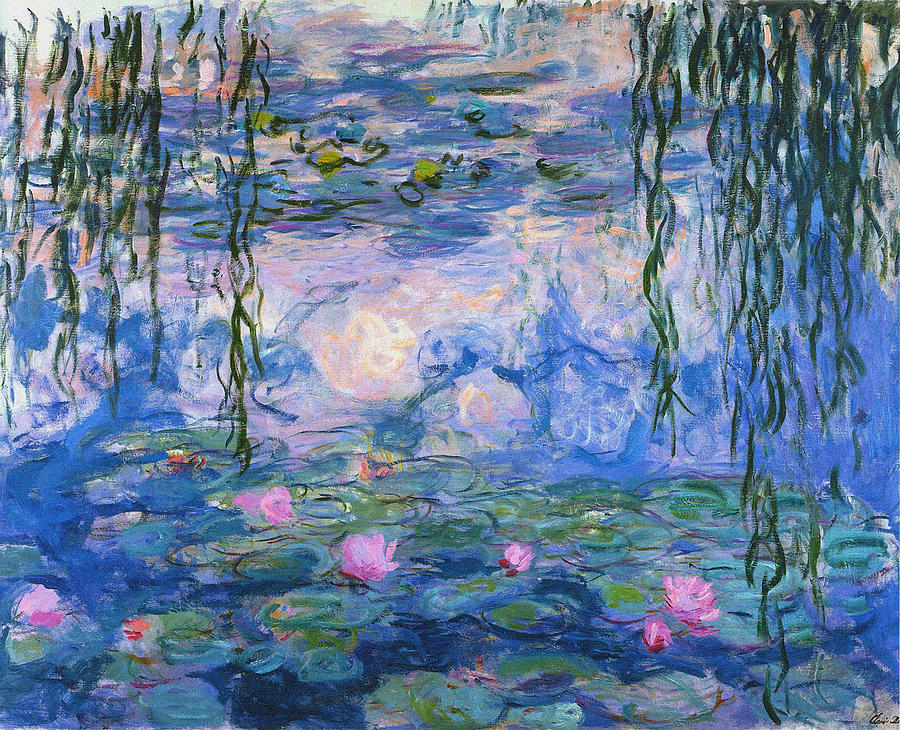
Friday
I declare today that, even though I am about to turn 69, I wish to continue living and do not wish to be sacrificed so that Donald Trump can convince us that life is returning to normalcy. Apparently, our so-called pro-life party is shrugging off the danger of mass coronavirus deaths amongst our elderly as the price for reopening the economy. (I wrote about this yesterday.) Perhaps they are following the pathway already forged by gun violence: while solutions exist, they opt instead for lots of people dying.
Although other countries have taken effective steps to halt the pandemic, Trump apparently prefers a laissez-faire approach. Go shopping and, if you succumb to the virus, well, so it goes. Some on the right regard this as “economic patriotism.”
I’ve long wondered whether Sir Gawain and the Green Knight was an attempt to shake people out of a fatalistic acceptance of death that grew out of the Black Plague. Gawain’s apparent stoic acceptance of his upcoming beheading may have two origins, chivalric death with honor and Christian belief in an afterlife. Yet if these are no more than psychological insurance policies, then they do not allow us to truly live. We steel ourselves to death rather than embrace life.
As I see it, the Green Knight—as Nature—is doing everything he can to restore Gawain to a healthy perspective. For a moment he succeeds: as the falling axe merely nicks Gawain, the Camelot knight realizes he is still alive and experiences a rush of joy he hasn’t felt in years:
Not since he was a babe born of his mother
Was he once in this world one-half so blithe…
I’ve described the experience of teaching SGGK to an Afghanistan War veteran who realized how his time spent defusing roadside bombs had caused him to calcify over. The poem helped him reconnect with a love of life he had been missing.
As the Covid death count climbs—we’re headed for the equivalent of a daily 9-11—people will be tempted to turn the deaths into abstractions. I’ve noticed that MSNBC is highlight individual coronavirus fatalities so that we can’t entirely reduce them to anonymous statistics. Poetry too helps us hold on to our humanity.
Thinking of some way to express how sweet I find life to be, I return to a poem fraught with personal significance. I’ve written about how, when my eldest son died 20 years ago, I turned to Mary Oliver’s “The Lost Children.” I didn’t know at the time the content of the poem, just that it provided two images that my tortured mind clung to as if to a life raft.
Until I started writing today’s post, however, I didn’t grasp all the ways the poem hits home. Some additional context is necessary.
Justin drowned in water that was so cold that, for a while, people at first thought he had died of hypothermia. (The coroner told us he didn’t.) It was so cold that, for a couple of agonizing days, we wondered whether Justin had committed suicide. I learned from two students who had seen Justin earlier, however, that he was actually bubbling over with joy. The day was beautiful—one of the few beautiful days in what had been an historically wet spring—and out of this abundance of happiness, Justin threw himself fully clothed into the river. That’s when a rogue current grabbed him.
It was not the first time he had immersed himself in this fashion. The river had been safer when he had done so previously, however.
In the poem, a little girl goes missing in colonial America. She is never found and her father goes crazy as he searches for her (“pain picked him up and held him in her gray jaw” was one of the lines I held on to). But Indian footprints are found—maybe she didn’t die after all but was raised Indian—and Oliver says, “Now the possibilities are endless.”
The passage that I’ve been thinking about today is this one:
But I think the girl
knelt down somewhere in the woods
and drank the cold water of some
wild stream, and wanted
to live.
Justin launched himself into cold water because he was exuberant about life. For him, it was a kind of baptismal rite. In the face of this pandemic, I want to experience life just as intensively. If I were a doctor or a nurse, I would be doing so by working in a hospital fighting for the lives of others, but as I’m on the sidelines, I write to urge you to throw yourself into life. Do not surrender to Trumpian death cult fatalism.

